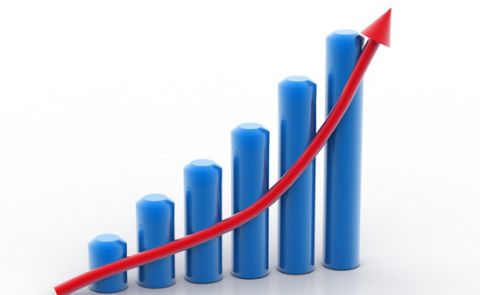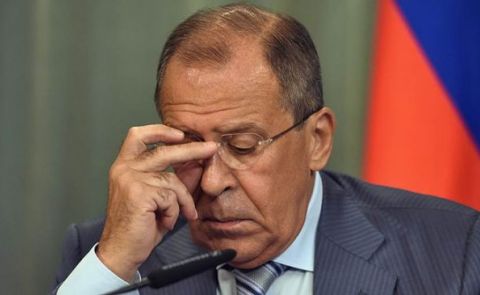
Thomas De Waal on Armenia after the Second Karabakh war
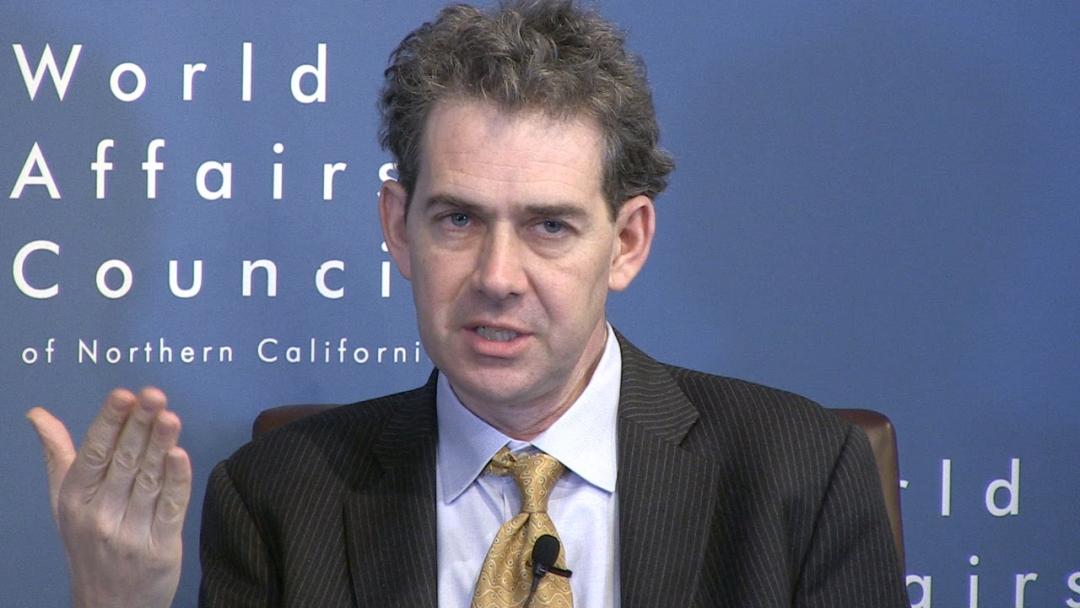
On 5 March, the senior fellow of Carnegie Europe Thomas de Waal was interviewed by the Armenian journalist Mark Grigoryan where the parties discussed a variety of topics related to Armenia after the Second Nagorno-Karabakh War.
When asked what nowadays is happening in Armenia De Waal used the English expression that “victory has a thousand fathers, but defeat is an orphan” and that we are seeing recriminations, divisions in Armenia about its identity, the Velvet Revolution and the future of the republic. De Waal added that discussions are ongoing in the country on the questions “who we are?,” “what is the Armenian land?,” “what is part of Armenia’s national security and what isn't?” However, he emphasised that despite the defeat, there are certain opportunities in Armenia including the normalisation of relations with Turkey (but according to De Waal that wouldn’t come any time soon) and the discussions on the future of the republic.
To the question if the Karabakh conflict was solved after the 9 November trilateral statement De Waal responded that “so long there are Armenian’s in Karabakh that think differently, it will always be a disputed region” and that Armenia and Azerbaijan need a full peace agreement where the status of Karabakh is decided. He stressed that in order to bring stable peace to the region there needs to be a normalisation of relations between Armenia and Azerbaijan and that language between political elites needs to change in both countries. De Waal sees that business people, academics, musicians and young people from Armenia and Azerbaijan could be the driving force of this change.
According to De Waal, the model of “liberal peace” would be the best option for Nagorno-Karabakh, with a focus on openness, talking about the past and addressing human rights issues, but such a model was far away for both countries. He said in order to achieve such goal “you start at home and work on your own society”, wishing for Armenia to embrace Estonia’s route and not waste its resources on internal fights and corruption, but for developing the intellectual scene and the IT sector in the country.
To the question on what would happen when the Russian peacekeeping troops leave the region De Waal expressed his fears and worries that the ceasefire agreement could break in 5 years time. Speaking on the Russian-Turkish relations, he underscored that Russia’s President Vladimir and his Turkish counterpart Recep Tayyip Erdogan “compete and understand each other well” and both have a shared agenda to keep western countries out of its geopolitical affairs.
When asked if the Azerbaijani people would soon return to Karabakh, De Waal said that the Azerbaijani population could soon return to the regions of Aghdam and Fizuli, to Shusha (depending on the relations with Stepanakert/Khankendi), and to Khojaly and Kalbajar not in the near future. He emphasised that all those regions in Karabakh could be only economically viable if they are connected to each other (provide water, electricity and trade with each other), but that it is difficult due to the Baku-Yerevan relations. He also stressed that the case of Azerbaijan’s autonomous Republic of Nakhchivan would be interesting, because of its connection to Armenia that would open up economic opportunities, but politically would be hard to achieve.
See Also

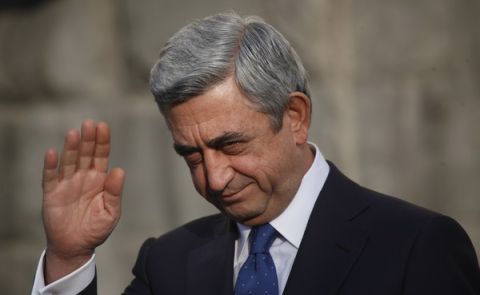
Serzh Sargsyan Rejects Charges, Backs Impeachment, and Warns of Secret Deals
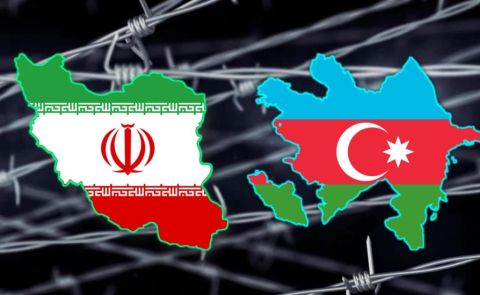
Azerbaijan Confirms Execution of Terrorist Behind Embassy Attack in Iran
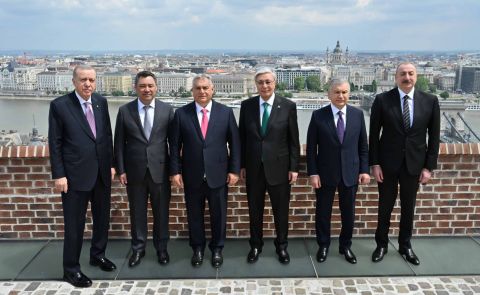
Turkic Leaders Adopt Budapest Declaration, Emphasizing Peace, Trade, and Digital Connectivity
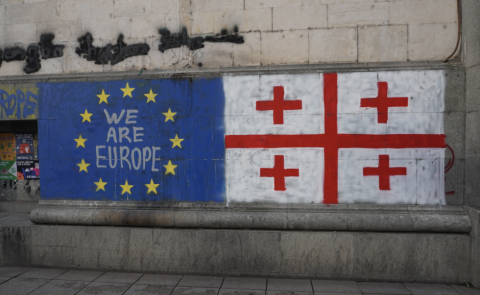
International Officials Criticize Georgian Dream Amid Democratic Concerns
